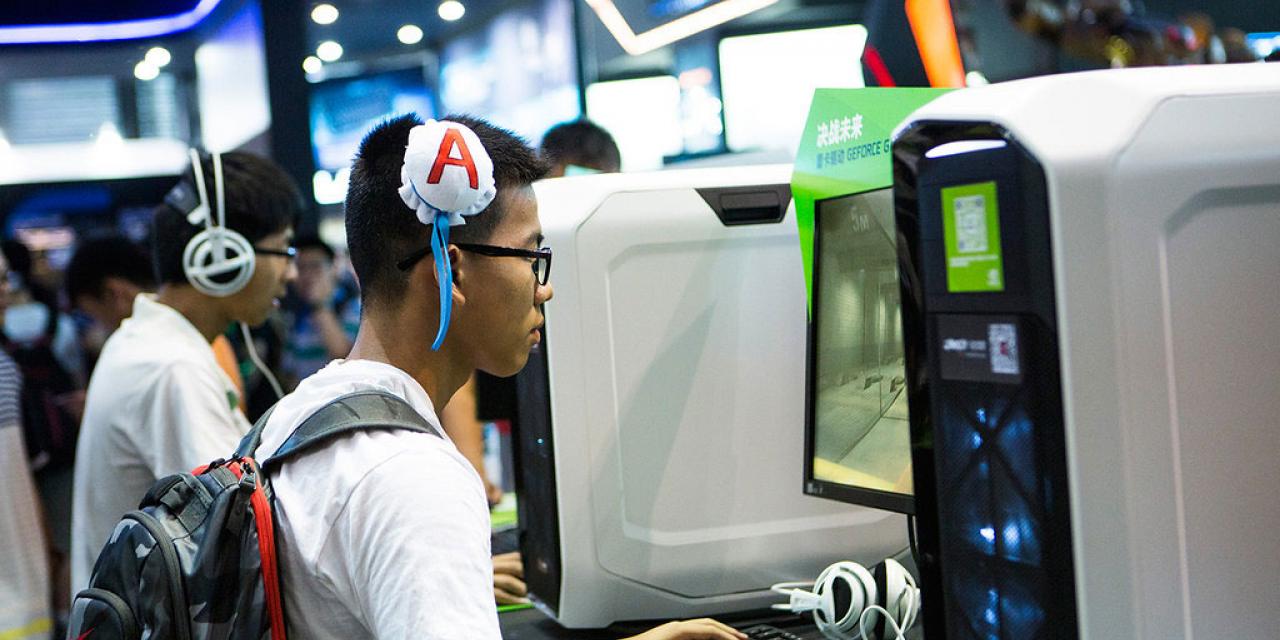
China has has an intriguing history with video games. Although gaming PCs have been a common platform for accessing the world's favorite entertainment medium there for decades, games consoles were banned there from the year 2000 and it was only in 2015 that that ban was lifted after years of effort from Microsoft and Sony. Today it has the world's largest video game market, worth an estimated $30 billion. And yet it has some of the most restrictive rules in the world.
No blood
Developers can only release games in China if they adhere to specific rules. Like the rest of the counry's media, there are serious stipulations about what videogames can convey. It's overseen by the State Administration of Radio and Television (SART) and enforces bans on games that flaunt the rules, demanding that publishers acquire a specific license to launch games in the country too.
The rules that publishers and developers have to follow has traditionally been anything critical of the ruling party, but in 2018 an approvals freeze was put in place, with no new games given the go ahead for many months while an overview of the Chinese gaming industry was conducted. Its conclusion saw sweeping new legislation which further constricted what it is developers selling games in China can portray.
The new rules put a blanket ban on blood in games and China is coming down hard on any potential variations. That means that you can't simply change it to green, a la House of the Dead, or call it slime, or sweat. Basically any fluid that comes out of a person as and when they die or are found dead, is a no no. There will likely be some artistic liberties taken to get around this – perhaps we'll see people smoke as they die, or release energy instead – but for the most part, games sold in China with death in them are going to need major modification to continue to be legally approved.
Also on the ban list are gambling games, specifically Poker and Mahjong, so there will likely be a huge downturn in global gambling profits in the near future as that is adhered to. It's not clear if such a ban will extend to titles that contain pseudo-gambling like loot boxes. Perhaps we'll see a major growth in the Pahinko machines that Japan has which involves credits and tokens rather than money, to try and get around the legislation.
The third, and arguably the least surprising of the new legislative bans, is one against any game that depicts China's Imperial History.
And yet it thrives
Despite all of these limitations, Chinese gaming is thriving, with enormous markets in PC, arcade, and home console sectors, as well as on mobile and tablet. Its eSports teams are some of the best in the world, with top teams winning League of Legends World Championships back to back – in 2017, half of the world's top-earning Esports players were Chinese.
We see no reason that any of these new legislations will cause a downturn in the competitive of ability of Chinese players. What it will do, though, is limit their exposure to certain ideas in the game sphere.
However, one potential positive aspect of this move is that publishers and developers in the country will need to provide much greater detail to gamers and potential game buyers about what the titles contain. That means mandated screenshots, detailed scripts of in-game dialogue, and a list of any and all features used to help ward off videogame addiction, which is seen as a major problem in China, particularly among younger generations.
Will it change anything?
We suspect not. China's videogame market is enormous, with a PC market worth upwards of $13 billion, and a mobile market that is worth more than $5 billion, we don't expect any publishers or developers will want to pull out of China any time soon. It will certainly see some changes in the industry and the kinds of games Chinese players will be able to get immediate access too, but for the most part, it seems unlikely to change the practices of developers who want a piece of the Chinese pie.
As for filtering through to the West, perhaps we'll see a greater number of blood-free games showing up in the future, but beyond that, it will be unlikely to have a major effect. The markets are just too different.







